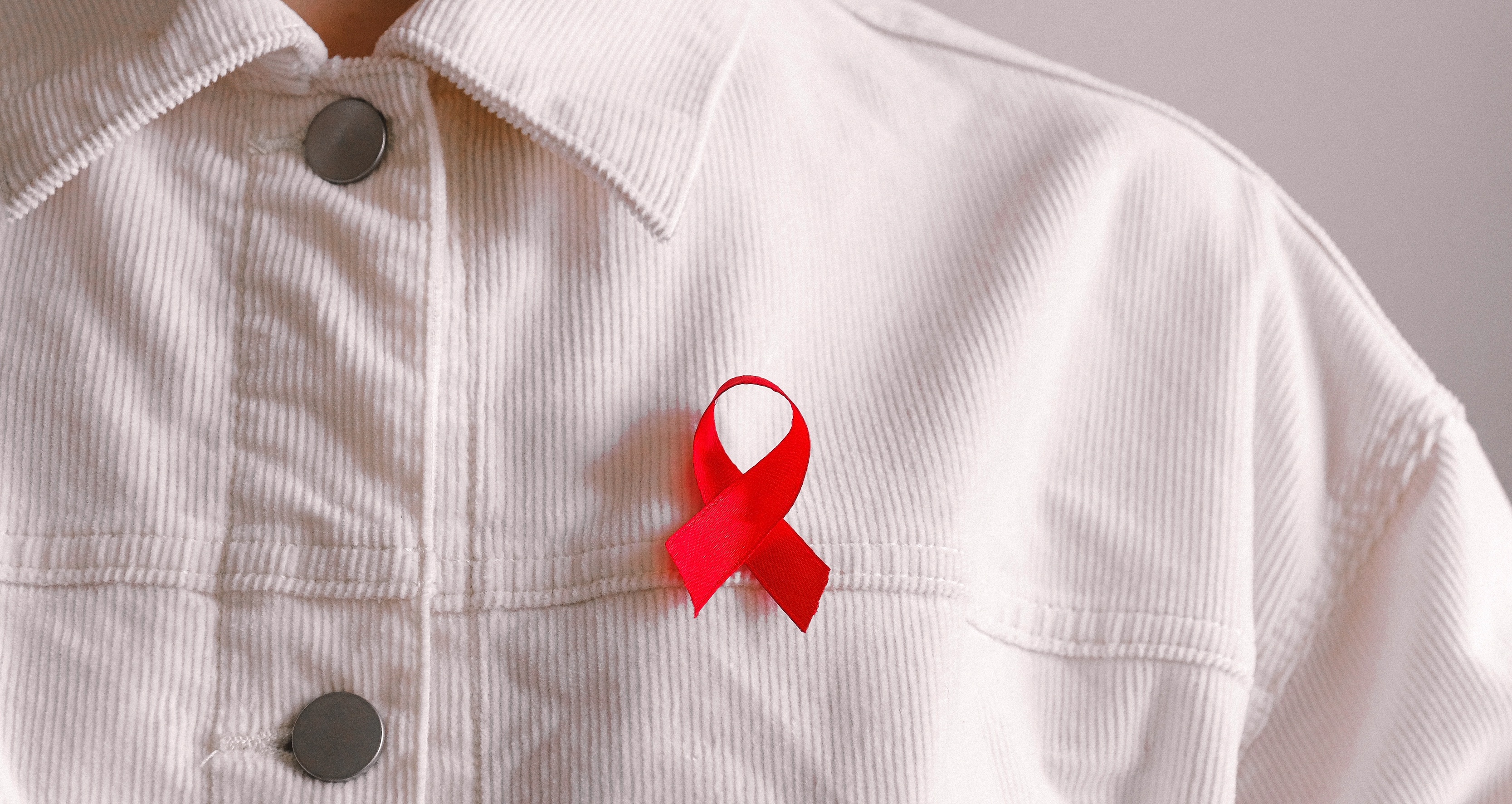Failing to end HIV transmissions in the UK by 2030 would be a ‘moral failing’, says HIV charity
Charities are calling on the UK Government to help fund a plan to end HIV transmissions in the UK by 2030, which they say is achievable.

Words: Alastair James; pictures: Pexels
It would be a “moral failing” if the UK Government lost sight of the goal to end new cases of HIV transmission in England by 2030, according to one charity calling for action today (Wednesday 22 September).
The Terrence Higgins Trust, the National AIDS Trust, and the Elton John AIDS Foundation are jointly calling on Rishi Sunak, the UK Chancellor, and Sajid Javid, the Health Secretary, to help fund a plan that aims to end new cases of HIV in England by the end of the decade.
They are making the call ahead of the Chancellor’s Comprehensive Spending Review, where the Chancellor will announce his spending plans for the next three years, which is due to take place on 27 October.
“Do the right thing”
The charities are calling on the UK Government to “do the right thing” and deliver on a promise made more than 1,000 days ago to help reach the 2030 goal. On World Aids Day 2020 (1 December) Sunak said: “As we remember those we have lost to HIV and AIDS, we also remind ourselves of the need for further action.
“I am proud that this Conservative Government’s policy is to end new HIV transmission by 2030 – a commitment reaffirmed today at the launch of the HIV commission.”
Today is #WorldAIDSDay, read more here: https://t.co/ZGkDUu6jJa
As we remember those we have lost, we also remind ourselves of the need for further action.
I’m proud of our policy to end new HIV transmissions by 2030, a commitment reaffirmed today at the HIV Commission launch pic.twitter.com/0BcAGyNrBW
— Rishi Sunak (@RishiSunak) December 1, 2020
The Health Secretary, Mr. Javid, is due to set out an HIV Action Plan in December (again on World Aids Day) which should aim to meet the 2030 goal and an interim goal of an 80 percent reduction by 2025.
The charities say the plan must include year-round HIV testing and opt-out HIV testing in hospitals in areas of high HIV prevalence. There should also be well-rounded support for people living with HIV, including treatment and mental health support; PrEP should be available outside sexual health clinics and there should be better information campaigns focusing on messages such as ‘Undetectable equals Untransmittable’.
The charities are also encouraging people to write to the Chancellor and Health Secretary to make their voices heard and share their experiences (which you can do here).
There are around 106,000 people living with HIV in the UK, many of whom, the charities say, are twice as likely to experience poor mental health due to stigma and misinformation. Around 80 people are diagnosed with HIV every week.
“We can do something quite historic”
Richard Angell, the Campaigns Director for the Terrence Higgins Trust, laid out to Attitude how valuable an opportunity this is.
“If we get this right, we could be the first country in the world to end new transmissions of HIV. We have all the tools available. We know what to do. But we need an uptick in support. The Chancellor could provide a relatively small amount of funds to help us end an epidemic that has been raging for four decades. Together we can do something quite historic.”
The issue of HIV, he says, has been kept on the agenda thanks to shows like Russell T Davies’ It’s a Sin, which showed a group of friends dealing with the 1980s Aids crisis.
“Something about the show has made people want to get up off the sofa and do something about it [HIV]. 3,000 people signed our petition in July calling on the Health Secretary to make sure the action plan was decent.”
Addressing the calls from the charities today Richard explains that trials of opt-out testing have proven it’s an effective strategy, especially in accessing communities not regularly screened for HIV such as women. It’s the same for PrEP, which he says needs to be available outside of sexual health clinics for other communities besides gay and bisexual men as well as trans people.

HIV treatment is also a “head and heart issue,” says Richard, requiring a holistic approach.
“A key part of the plan will be providing specialist mental support for people living with HIV. 40% of HIV clinics don’t have that kind of support to help people come to terms with their diagnosis. That is just wrong.
“It’s bad for everyone’s health care because if you can’t come to terms with your diagnosis, it impacts your treatment and taking your tablets regularly so you can maintain an undetectable status and not pass the virus on.”
On the importance of the government helping end new HIV transmissions by 2030, Richard says: “If the Chancellor and the Health Secretary miss this opportunity to end this now and getting down HIV diagnosis and new transmissions, we will be jeopardising the chance not only of being the first country to end HIV the way we could be but meeting the UN Aids goal of doing it by 2030.
“That is something that surely, we cannot tolerate. Especially when it’s in our grasp. To lose sight of that now would be a strategic error but a moral failing as well. We need to make sure everybody is on the same page and working together.”
The call-out comes a day after the publication of a report highlighting the impact of UK Government cuts to HIV funding, which in some areas has dropped by 80 percent.
The report, by STOPAIDS, Frontline AIDS, and the All-Party Parliamentary Group on HIV and AIDS, says the Covid-19 pandemic has seen HIV services scaled-down affecting marginalised communities.
The Attitude October issue is out now.
Subscribe in print and get your first three issues for just £1 each, or subscribe digitally and get 50% off until 26/9/2021.

Today is #WorldAIDSDay, read more here: https://t.co/ZGkDUu6jJa
As we remember those we have lost, we also remind ourselves of the need for further action.
I’m proud of our policy to end new HIV transmissions by 2030, a commitment reaffirmed today at the HIV Commission launch pic.twitter.com/0BcAGyNrBW
— Rishi Sunak (@RishiSunak) December 1, 2020
